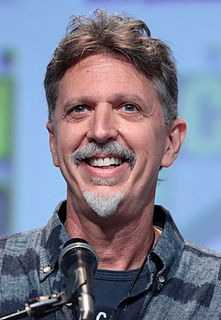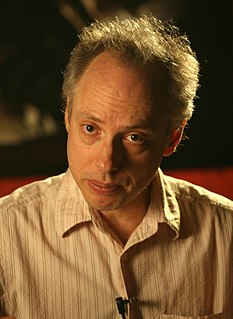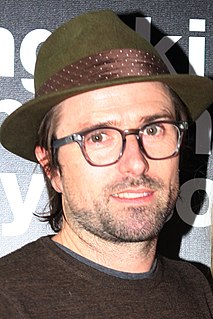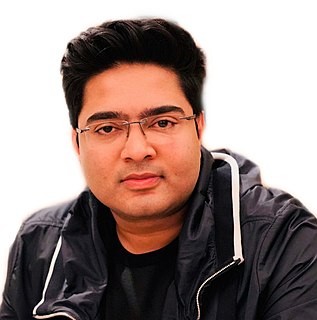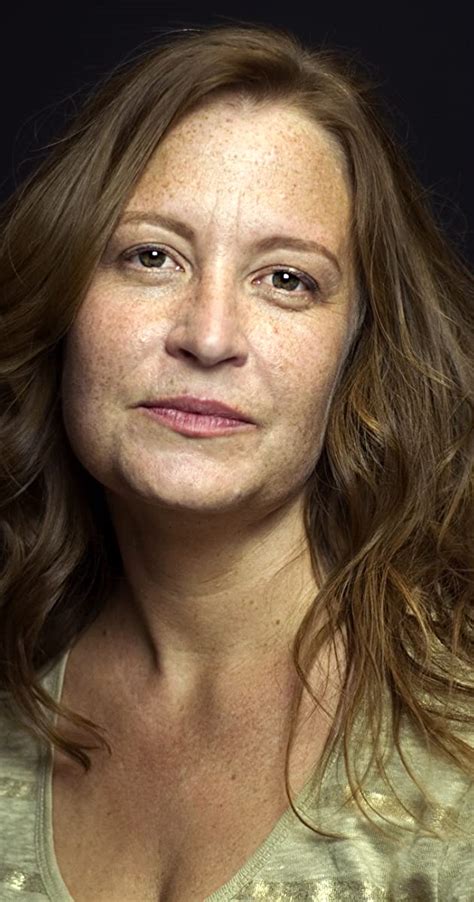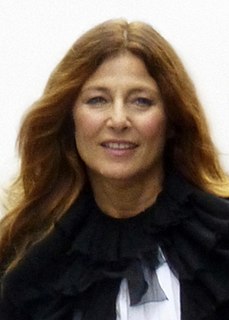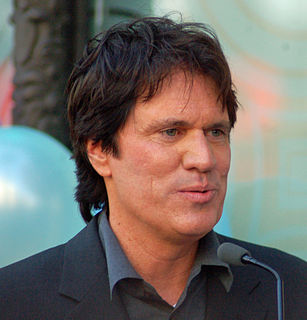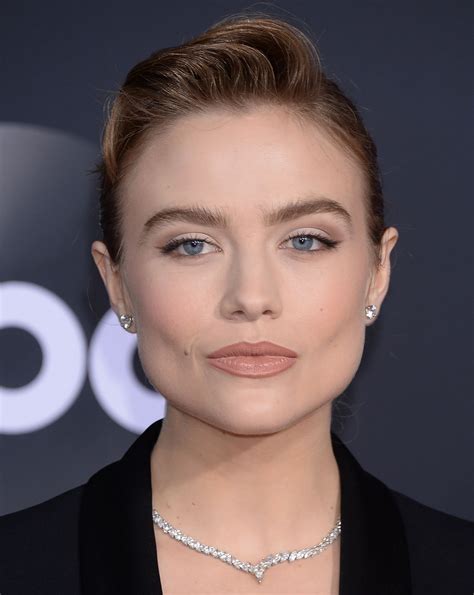A Quote by Tim Kring
The most exciting part of the casting process was casting out of Israel, which was a really unique process, mainly done remotely from California, looking at casting tapes.
Related Quotes
There's racist casting, and there is normal casting. Normal casting, to me, is a process that strives for representation and, in many cases, strives to simply portray the world as it actually is instead of as falsely non-inclusive. And sadly, sometimes that involves removing the whitewash that exists on history.
It was a very, very intense and long casting process [for The Killing] because we really had to find the right people who could carry the weight of this story, who had the chops and who had the spirit, where they could bring in so much of their own selves to these characters. So, the casting process took many months.
Casting is really a black art. It's a huge part of directing and it's the most invisible. It's one that people don't really think about or talk about. But you can really destroy your movie by casting it badly before you've shot a foot of film. And yet there are no guidebooks for it, there's no rule book to tell you how to do it. It's all your own experience and your own sensibility and your own intuition.
